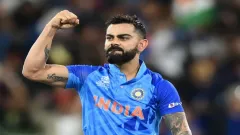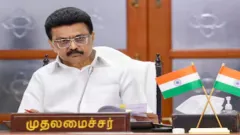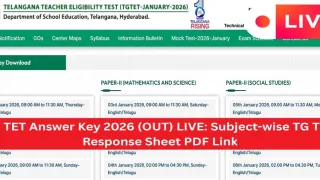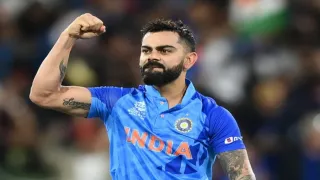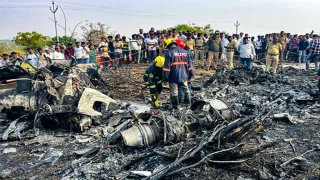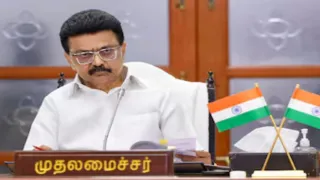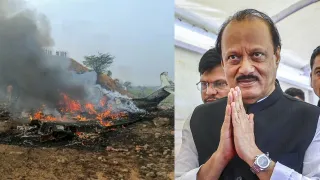On December 26, India mourned the loss of one of its most respected statesmen, Dr. Manmohan Singh, who passed away at the age of 92 in New Delhi. Known for his quiet demeanour and sharp intellect, Singh served as India’s Prime Minister for two consecutive terms from 2004 to 2014 under the Congress-led UPA government. Before that, he was the architect of India’s economic liberalization as Finance Minister from 1991 to 1996 under Prime Minister Narasimha Rao.
Dr. Singh’s journey from a humble background to the highest office in India is a testament to his unwavering dedication and intellect. Here are 10 lesser-known facts about the former Prime Minister that shed light on his extraordinary life and contributions:
1. RBI Governor Turned Finance Minister
Dr. Manmohan Singh was one of only two Reserve Bank of India (RBI) governors to later become Finance Minister, the other being CD Deshmukh.
2. Finance Minister to Prime Minister
He is among the four Indian Finance Ministers who ascended to the Prime Ministerial post, alongside Morarji Desai, Charan Singh, and VP Singh.
3. From Bureaucrat to Leader
Singh was one of four top bureaucrats who transitioned to the role of Finance Minister, sharing this distinction with HM Patel, CD Deshmukh, and Yashwant Sinha.
4. Speeches Written in Urdu
Despite being fluent in Hindi, Dr Singh often preferred his speeches to be written in Urdu, showcasing his linguistic dexterity and cultural roots.
5. Humble Beginnings in Punjab
Born in the village of Gah in undivided Punjab (now in Pakistan), his childhood home lacked basic amenities like electricity and piped water. Singh would walk miles to attend school and study under the dim light of a kerosene lamp.
6. Partition Survivor
At the age of 14, Singh’s family migrated to Amritsar during the partition of India. Starting from scratch, his early life in India was marked by resilience and hard work.
7. Finance Minister of the Year
In 1993, Singh was named 'Finance Minister of the Year' by Euromoney and Asiamoney for his transformative economic policies that helped steer India out of a financial crisis.
8. India’s First Non-Hindu PM
When he assumed office in 2004, Singh became India’s first non-Hindu Prime Minister, reflecting the country’s diversity and secular fabric.
9. Nehru’s Offer Declined
In 1962, Singh declined an offer from India’s first Prime Minister, Jawaharlal Nehru, to join the government, prioritizing his commitment to teaching at his alma mater in Amritsar.
10. BBC Habit During Crisis
Singh’s habit of tuning into the BBC every morning proved critical during the 2004 tsunami crisis. This routine enabled him to respond promptly to the unfolding disaster, earning him praise for his leadership.
Dr. Manmohan Singh’s life was a blend of humility, intellect, and service. His contributions to India’s economy and governance have left an indelible mark, making him a leader whose legacy will continue to inspire generations.
Also Read: Dream 11 Predictions for all matches of Tamilnadu Premier League










